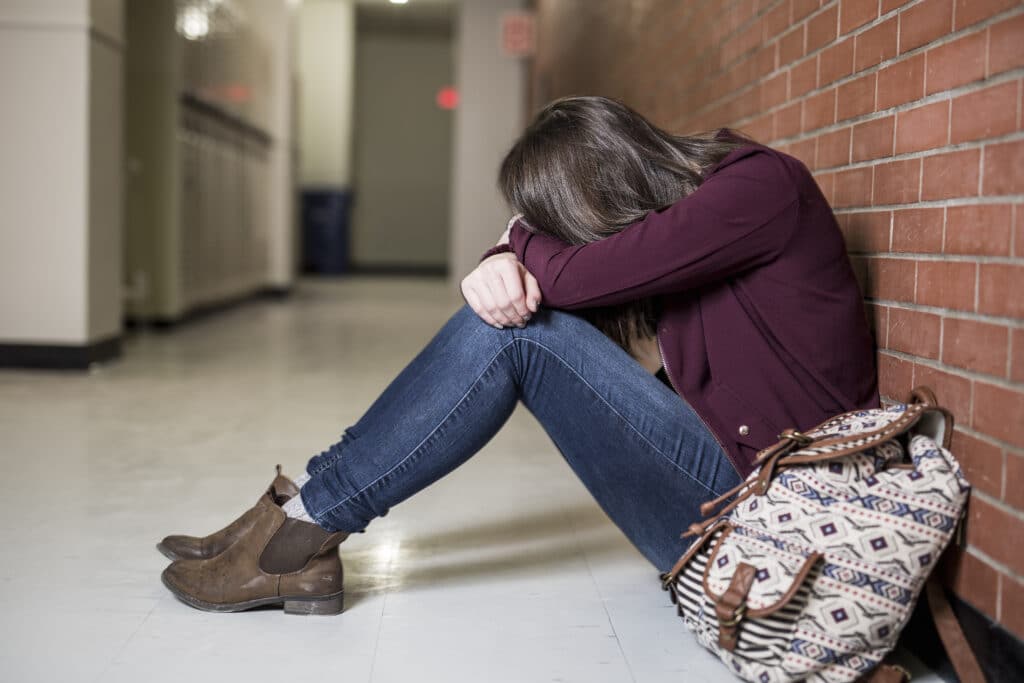As the world gradually emerges from the grips of the COVID-19 pandemic, the return to in-person learning has brought with it a unique set of challenges for students, parents, and educators. The pandemic disrupted the education system in unprecedented ways, and now, as we strive for a sense of normalcy, we must address the back-to-school challenges that have emerged in its wake.
Emotional Well-being
One of the most significant challenges students face as they return to school is the emotional toll of the pandemic. Many have experienced loss, isolation, and increased stress. The abrupt transition back to in-person learning can be overwhelming, leading to anxiety and often accompanying physical conditions.

Physical Conditions
Some common physical conditions that can arise as a result of this added stress are:
- Gastrointestinal conditions, such as irritable bowel syndrome, Crohn’s disease and ulcerative colitis.
- Headaches and migraines
- Increase in tics
- Anxiety, including:
- Test anxiety
- Sports performance
- Stage fright
- Public speaking anxiety
- Social phobia (This occurs when individuals are so worried about interacting with their peers that that may simply choose to avoid it.)
Learning Loss
Extended periods of remote learning have resulted in significant learning loss for many students. Gaps in knowledge and skills have emerged which further add to students’ stress.
One can understand how students, parents, and teachers maybe feeling disappointed, worried, and perhaps even a bit discouraged at times. And I feel sad to hear about these issues.
On the other hand, I feel hopeful, as there is help for individuals of all ages with these problems.
Returning to school after COVID-19 has presented a host of challenges for students, parents, and educators alike. While the road ahead may be filled with uncertainties, the good news is that there is help for all of these problems.
It’s crucial that we continue to prioritize the well-being and education of our students. By addressing emotional needs, providing targeted support, and embracing the lessons learned from the pandemic, we can navigate these challenges and build stronger, more resilient students in the future.
For more information on how to get this help, please contact Dr. Lazarus for a consultation at no charge.



